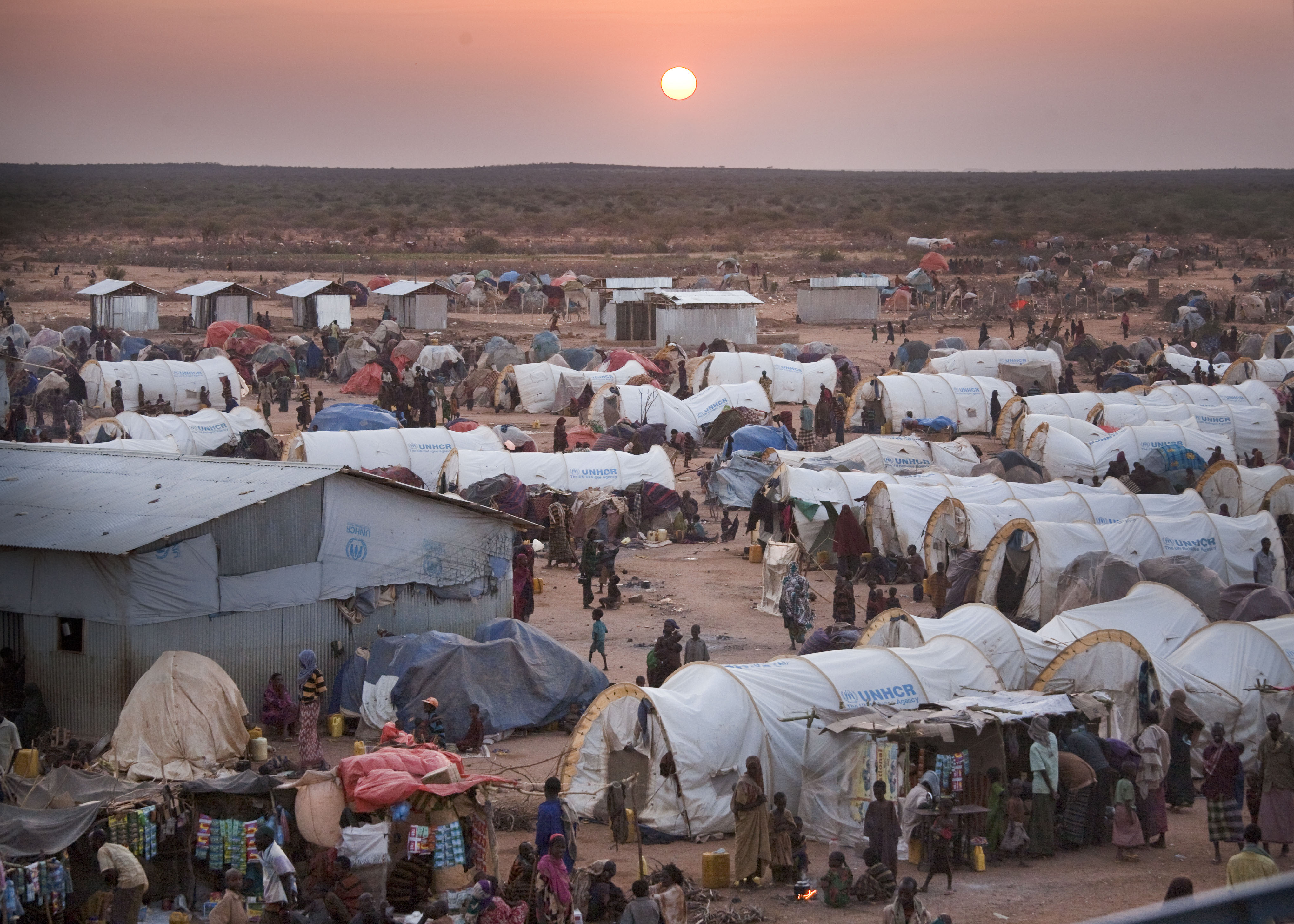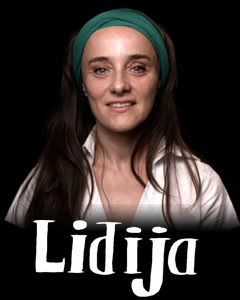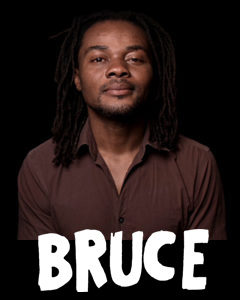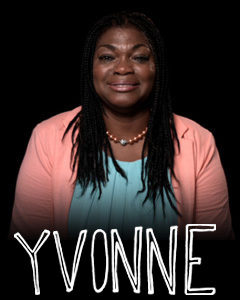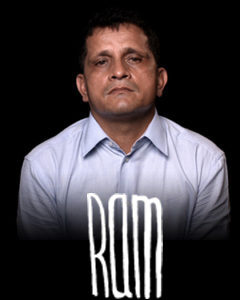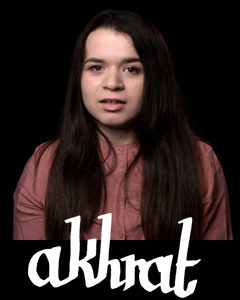‘Emergency response system is bursting at the seams’
How can humanitarian organisations improve the provision of relief aid during crises, now that crises are increasing in number and scale? Thirteen Dutch humanitarian organisations are joining forces to find a concrete answer. On 12 February they will gather at Humanity House for the Dutch Humanitarian Summit.
The Ebola virus, Syria, Iraq, Gaza and Ukraine. The world currently has to contend with major crises that are exerting severe pressure on the emergency response system worldwide. “The emergency response system is bursting at the seams, with increasing crises and emergencies,” warns Thea Hilhorst, Professor of Humanitarian Aid & Reconstruction.
On the basis of conversations with participating humanitarian organisations, she wrote a report entitled Internationale Noodhulp Doorgelicht (‘International Emergency Aid Investigated’). “The combination of crises shows how complicated it is to reach people in need, and how various types of crises set huge challenges for the emergency response system. In combination with a lack of safety, complex political situations and chronic disasters, this raises the question whether a new approach is necessary,” says Hilhorst.
This is therefore the central question during the Dutch Humanitarian Summit, which takes place on 12 February 2015. This goal of this initiative is to formulate recommendations for the Dutch contribution during the World Humanitarian Summit in May 2016 in Istanbul. The key question there is how humanitarian aid can respond better to conflicts and natural disasters today. As one of the top ten aid donors in the world, the Netherlands can play a key role during the UN summit.
Five key themes
During the Dutch Humanitarian Summit the humanitarian organisations will discuss five themes.
1. Reaching people in need and issues of local and international humanitarian capacity
2. Coordination, with special attention for the various roles of the United Nations
3. The continuation of help in the transition from relief aid to development;
4. Innovation & collaboration with the business community
5. Refugees in urban areas?
Columns
During the humanitarian summit, spoken columns by philosophers, writers and journalists will explore the five humanitarian principles of humanity, universality, independence, neutrality and impartiality. This perspective from outside the humanitarian sector will offer reflection on the principles and their meaning.
Finally, the event features various side events to highlight issues such as sexual violence in conflict areas and Dutch funding for relief aid.
The programme for the Dutch Humanitarian Summit is constantly developing on the new channel devoted to conflicts and crises, OneWorld Crisis, at staging.humanityhouse.org
The Dutch Humanitarian Top is an initiative by: CARE Nederland, Cordaid, HealthNet TPO, Humanity House, ICCO & Kerk in Actie, NCDO, Netherlands Red Cross, Oxfam Novib, Save the Children, Netherlands Refugee Foundation, University of Groningen, War Child, ZOA.
Source: One World


